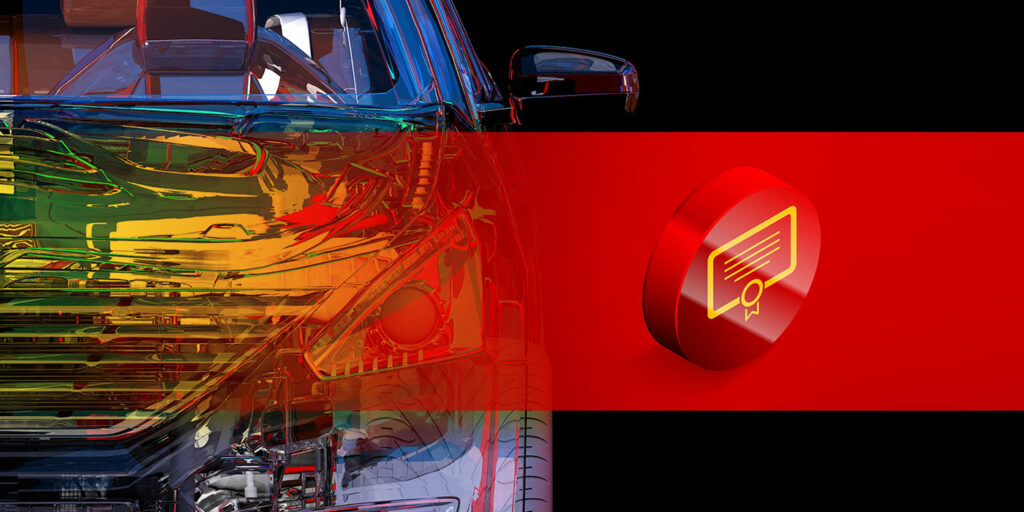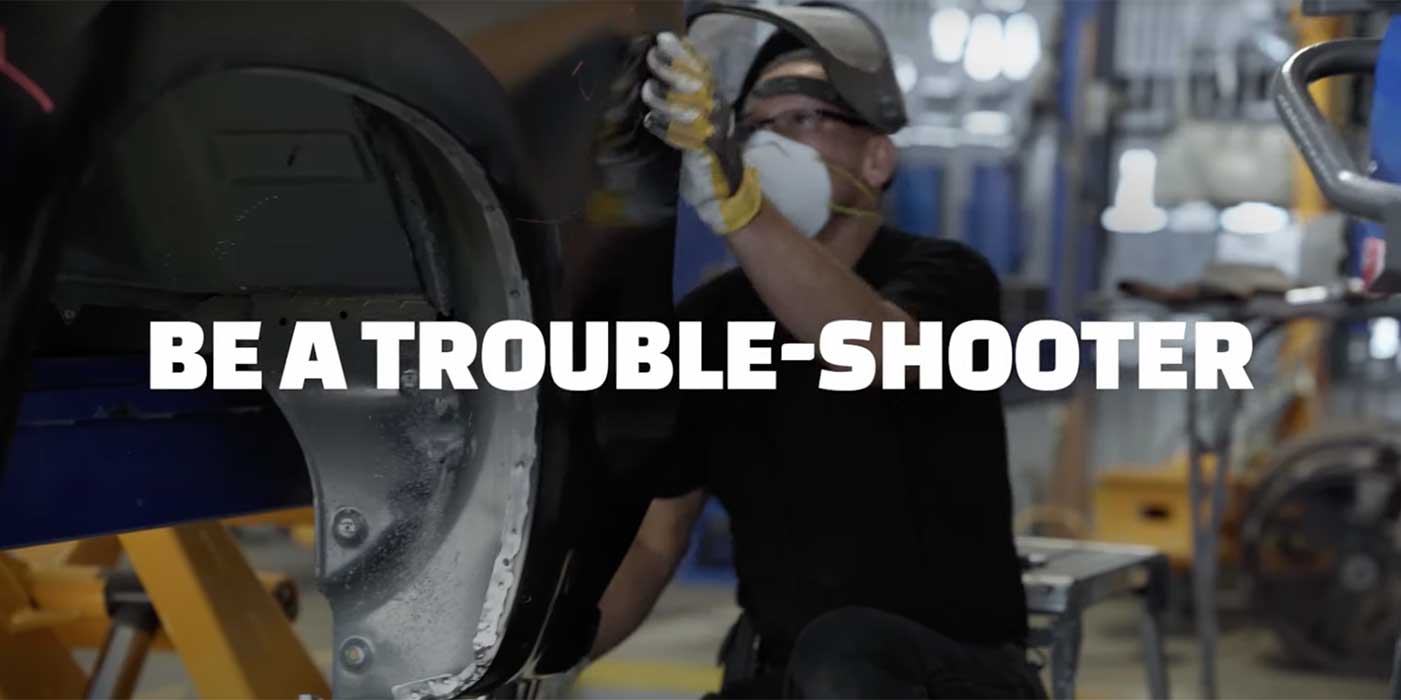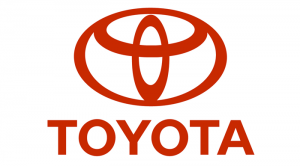An independent collision repair facility owner who wants to remain independent recently said that one of the keys to thriving in the future will be differentiating yourself from your competitors. And one way to do that is through OEM certification.
Safe Repairs
OEM certification provides a body shop with the equipment, training and information necessary to perform complete and safe repairs on today’s vehicles. It also gives consumers peace of mind that their vehicle will be returned to pre-accident condition and perform as the automaker intended.
OEM certification gives consumers peace of mind that their vehicle will
perform as the automaker intended after a collision repair.
“An OEM certification communicates to the customer that the collision repair facility has agreed to uphold Mazda’s facility, repair, tools and equipment requirements for safe and proper repairs,” says Johnny Garcia, program manager, Service Programs for Mazda. “The Mazda Collision Network provides customers with the confidence that the collision center has agreed to meet OE quality repair standards and will be continually measured on their performance to stay in compliance.”
Adds Rossana Alvarez, national assistant manager, Service Marketing for American Honda, “Achieving OEM certifications communicates to the collision industry and vehicle owners that a shop has everything they need to conduct a proper repair by virtue of meeting all of the respective brand program requirements. That understanding is very powerful.”
“For the customers and insurance companies, it’s an opportunity to work with professionals who have met criteria set by the manufacturers and receive quality repairs that were developed and crash-tested to ensure a repeatable outcome,” says Mark Allen, manager of Collision, Equipment & EV After Sales Service at Audi of America.
Today vs. Yesterday
A spotlight has been shone on OEM certification today more than ever as vehicle technology has outpaced the collision industry’s ability to process, understand and train for it.
“Manufacturers have recognized the gaps in the industry for training, equipment, shop culture and technician recruitment/retention and are offering a better way to take care of our mutual customers,” says Audi’s Mark Allen. “Manufacturers are required to deliver safe, efficient vehicles that have very advanced safety and collision avoidance systems the likes of which are in commercial and military aircraft, and it is our call to try and advance our repairer partners.”
A spotlight has been shone on OEM certification as vehicle technology has outpaced the collision industry’s ability to understand it.
Honda’s Alvarez says the difference between the past and present is that the industry at large has started to understand the value of OEM certification programs. “So they’ve kicked into high gear the already established increase in adoption. OEM certifications were not a passing trend then, and they sure aren’t now.”
Another difference between today and yesterday, says Allen, is the lack of excitement in young technicians to fix what is rolling off the assembly lines. But he feels the new technology and certification programs may change that.
“The manufacturers and the products we produce are a call to action and excitement,” he says. “For the new techs coming into the business, the collision programs are a great way to become involved with the emerging technologies and plan a long-term career. For techs who have ‘seen it all,’ involvement in a manufacturer’s program is an opportunity to gain a new life and rekindle the excitement. Lack of commonality of systems and repair knowledge amongst manufacturers is forcing more specialization. This is not a bad thing, though, as it can be very exciting for technicians new and old.”
More Business
Another benefit of OEM certification is that it can increase the number of vehicles coming into a shop.
“The Mazda Collision Network will guide customers to an OEM-certified repair facility, subsequently all newly approved OEM-certified shops will enjoy the incremental business driven by their MCN certification,” Garcia says.
The shop, however, cannot sit back and expect OEM certification to be a magic solution to increasing their car count.
“OEM certifications will help shops that learn how to leverage them to attract more business,” says Alvarez. “Shops need to actively and consistently advertise their certifications.”
Adds Allen, “A manufacturer’s program is not a substitution for entrepreneurial spirit and drive. Getting the business is still up to the shop owner/operator, as is management and profitability. If you repair one Audi per year, the program is not for you. If you repair hundreds of Audis a year, then that is a more sound decision.”
It is also up to the shop to maintain their certification by diligently following the guidelines.
“Shops need to make sure their certification is always in good standing by meeting all OEM program requirements at all times,” says Alvarez. “For the Honda and Acura Certified Collision program, if shops put themselves in a position to be suspended, time in suspension is time without certification benefits they will not recoup.”
Mazda emphasizes that shops in its network will be continually measured on their performance to make sure they stay in compliance.
“This ensures that OEM-certified collision repair facilities continue to provide quality repairs to our customers,” Garcia says.
Summary
Collision shops owe it to themselves to look into OEM certification, if only to ensure they are performing safe and proper repairs according to the OEM guidelines and avoiding substantial liability. Marketed correctly, it can be a boon to their business and make them the preferred choice in their market.














